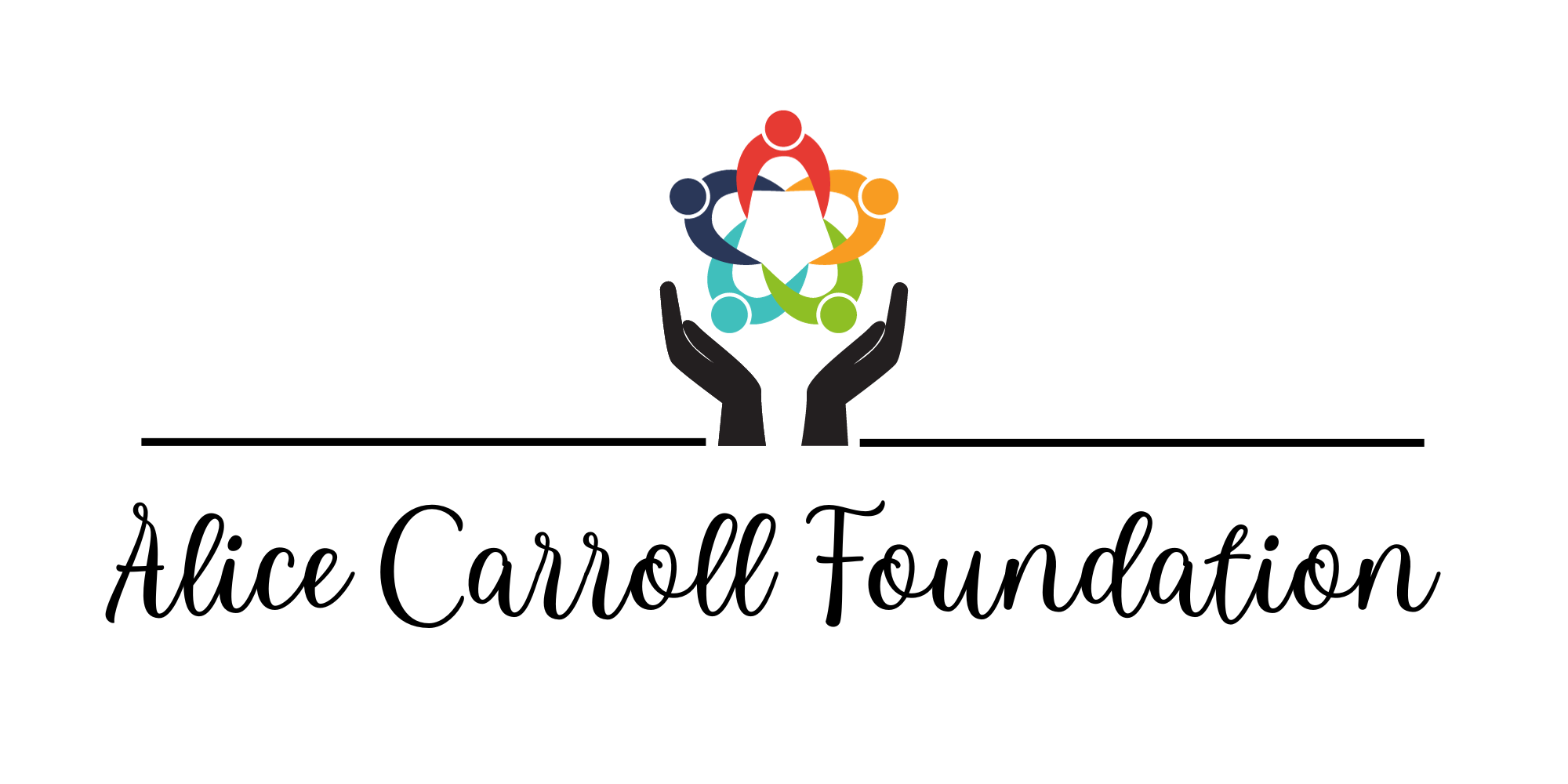Personal Support Network (PSN)
Are you or a loved one looking for a network of relationships to create a safe and secure future?
What are Personal Support Networks (PSN)
A Personal Support Network (PSN) consists of the person in the center, a facilitator, and the members of the network. The program is designed to build relationships. The facilitator will work with the individual and their family (if applicable) to create a detailed Personal Profile (Network strategy) to explore their interests, gifts, and current relationships. Next, the facilitator uses the profile information to explore the opportunities where new friendships can be made. The members of the network will be volunteers with shared interests such as art, sports, and other hobbies or have connections in the community through current lifestyle routines, such as churches, clubs, and other groups. Members can be a lifelong friend, a neighbor, or someone completely new.
PSNs begin with the person in the center, their family and close friends; then expands to include community members that want to participate in the individuals life. Building meaningful relationships are at the heart of the Network. The person in the center will experience belonging, happiness, and an expanded sense of the world around them. Validating their “right to make choices in their own lives, including, but not limited to, where and with whom they live, and their relationships with people in their community,” as mentioned in the Lanterman Act. There is a stark difference between being “IN” community and truly being “OF” community. Creating a PSN for yourself or your loved one will benefit people of all ages and living situations:
- Individuals in transitional age groups such as moving from high school to adulthood.
- People experiencing isolation due to limited community involvement.
- Individuals in SLS/ILS seeking to expand personal experiences to fulfill hopes and dreams.
- Families with aging parents who have been lifelong support for their adult children.
- Individuals without family to help make end of life decisions.
- Volunteers seeking to create relationships and connection in their community.

PSN Members
PSN members/volunteers will be invited to get to know the person in the center, appreciate them for who they are, welcome them into their life, and share mutual interests and passions. PSN Members share their expertise with the person in the center and in return they receive the joy of friendship and meaningful connections. This is an example of reciprocity. Reciprocity in social psychology refers to responding to a positive action with another positive action.
PSN Volunteers spend time at Network gatherings; getting to know the person in the center and helping them reach their goals. Network gatherings can include: birthday parties, BBQs, holiday parties, and other outings in the community.
Lifetime Plans (Part of a Network)

What are Lifetime Plans?
We understand how important it is for parents to know what will happen to their children when they are gone. Lifetime Plans are an offshoot of Personal Support Networks. Our extended team of professionals will assist with financial, estate, legal advice, medical needs, and other types of end-of-life planning. One of the most important things you can do for you or those that are important to you is plan and prepare for the future. Making sure you or your loved one’s future is in order can provide peace of mind.
Your Network Facilitator can help you with some tasks:
Help discover contacts and where they can be reached:
- Family/close friends
- Religious, social clubs or other organizations you are currently affiliated with
- Business contacts (financial. estate, legal, etc.)
Finding a Fiduciary/Trustee:
- Durable Power of Attorney for finances
- Financial Planning
- Money management
Estate Planning:
- Living Trust
- Living Wills
- Health Care Power of Attorney
- Health Care Proxy
- Durable Medical Power of Attorney
End of Life Concerns
- Hospice
- Burial or cremation planning
- Funeral/memorial planning
- Donations
- Advanced Care Directives
Network Deliverables
There are many program deliverables. Some tangible, some intangible. Individuals will have the chance to make new friends, maybe even lifelong friends, explore their interests, create new opportunities and discover personal goals. Our job is to make their dreams come true. To ensure accountability, we create several documents to guarantee their goals are being met. These documents include: Network Strategy, Work Plan, Summary Reports, Network Meeting Agendas and Other Network Communication.
A Network Strategy is a written document describing the person in the center. It includes: their gifts, current relationships, community connections (both current and potential), safety and health considerations, as well as long and short term goals.
A Work Plan is a written goal-oriented document including: priorities for the network and a monthly plan with specific tasks to be completed by the facilitator.
Summary Reports are written monthly updates recapping each Network meeting, social gathering, and other administrative work completed for each Network.
Meetings will consist of discussions revolving around existing goals and priorities. Gatherings will be celebratory events connected to birthdays, holidays, or specific interests.
Network Communication is based on Network preference. It might include: a monthly newsletter, social media posts, group emails, or phone calls.

